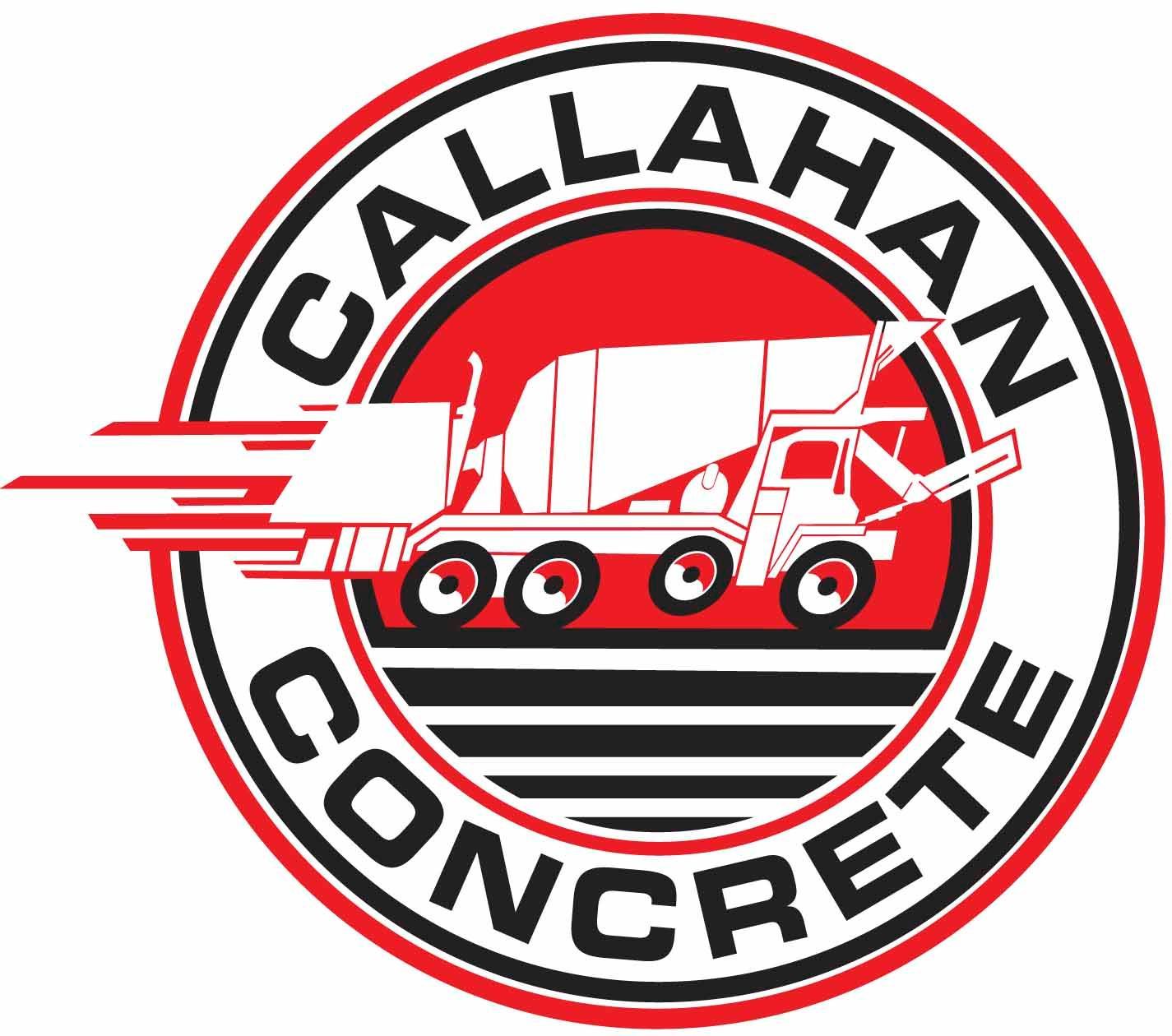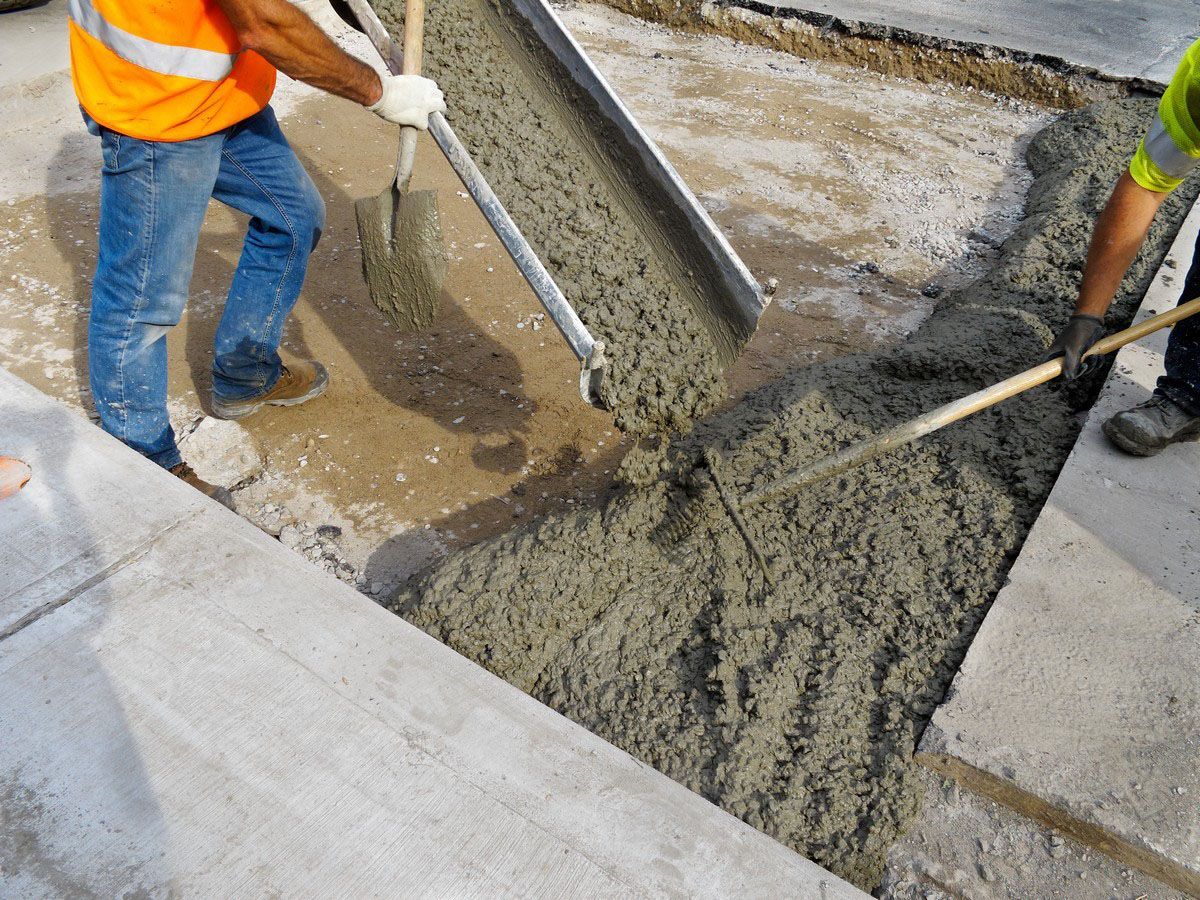September 18, 2025
The shift towards utilizing local concrete suppliers is a growing trend that reflects both economic pragmatism and a growing awareness of community sustainability. Within the construction industry, the selection of local concrete suppliers has become particularly important due to the tangible benefits it offers. From cost efficiency to quality and environmental considerations, partnering with local concrete suppliers offers myriad advantages that align with both business goals and societal responsibilities. This article delves into the nuances of why businesses should prioritize local procurement, especially in the context of concrete supply, which is integral to construction projects. A critical analysis of these factors reveals how such partnerships contribute to competitive advantage and drive growth not just for companies, but for communities as well.
1. Cost-Effectiveness of Local Procurement
One of the most significant benefits of partnering with local concrete suppliers is the reduction in transportation costs. Transporting concrete over long distances can be prohibitively expensive due to the heavy weight of the material and the associated fuel costs. By sourcing locally, companies can minimize these costs, allowing for more budget allocation towards other project areas. Furthermore, reduced transportation needs mean less logistical coordination, which simplifies project management and reduces the likelihood of delays. The immediate proximity of local concrete suppliers ensures faster delivery times, directly contributing to cost savings.
Local concrete suppliers often offer more competitive pricing when compared to out-of-area competitors. Being in the same market, these suppliers understand the local economic conditions and price their products competitively to retain and expand their customer base. Additionally, local businesses are usually smaller and can offer more personalized pricing strategies, such as volume discounts and flexible financing options. This flexibility is especially crucial in an industry whose cumulative average growth rate is 6%, according to Concrete Financial Insights. These pricing strategies not only facilitate better commerce for local suppliers but also provide cost benefits for construction companies.
Utilizing local concrete suppliers often translates to reduced storage and handling expenses. Local deliveries ensure that materials arrive at the project site just in time, reducing the need for extensive storage facilities. By minimizing storage requirements, companies can decrease expenses related to warehouse maintenance and material handling. Additionally, companies experience less material degradation risk because concrete is not sitting in storage for extended periods. This approach ensures that companies have access to fresh materials, minimizing waste and promoting efficient material use.
Another financial advantage of local procurement is the reduced risk of price fluctuations, which can be more pronounced in international or national sourcing due to variable exchange rates and fuel prices. Local suppliers provide greater pricing stability, which is beneficial for maintaining consistent project budgeting. Companies are shielded from the unpredictable costs associated with distant suppliers and can forecast project expenses with more precision. This stability is crucial as it allows for more accurate financial planning and sustainable business growth. By securing fixed-rate agreements with local concrete suppliers, companies can further protect against market volatility.
Partnering with local suppliers also means financial support for the local economy, creating a ripple effect that benefits all parties involved. The revenue generated by local suppliers circulates within the community, fostering economic growth and stability. When companies invest locally, they help sustain jobs and stimulate consumer spending, reinforcing the economic prosperity of the region. This community investment builds goodwill and enhances the company's reputation as a socially responsible entity. As a result, construction firms can enjoy improved community relations and potentially gain preferential treatment for future local projects.
2. Reducing Environmental Impact
Sourcing concrete locally significantly reduces the carbon footprint of construction projects. Transportation is a significant contributor to greenhouse gas emissions, with long-distance hauling exacerbating this issue through fuel consumption and vehicle emissions. By choosing local suppliers, companies can markedly cut down on these emissions as goods travel shorter distances from production sites to construction locations. This lessened environmental impact aligns with the global push towards sustainable practices, which are highly valued by environmentally-conscious clients and stakeholders. In turn, adopting an eco-friendly approach can enhance a company’s brand image and appeal in a sustainability-driven market.
Local concrete suppliers tend to promote sustainable practices more vigorously due to their investment in community well-being. These businesses are often more compliant with local and state environmental regulations, thus producing materials in environmentally friendly ways. In collaborating with local suppliers, construction companies are not only supporting green initiatives but are also working towards their own sustainability targets. This collaboration may include innovative solutions, such as the use of recycled materials in concrete production. As the demand for sustainable building materials grows, eco-conscious companies find local partnerships instrumental in meeting green certification requirements.
The closeness of local suppliers fosters a fertile environment for developing and implementing eco-friendly innovations in concrete manufacturing. These businesses often remain in the loop regarding regional environmental issues and work in collaboration with clients to mitigate them through innovative solutions. Local suppliers, being agile, can pilot new sustainable technologies and products that larger, more distant manufacturers might not find feasible. Such innovations help construction companies stay ahead in a market that is rapidly evolving towards eco-friendly methodologies. Embracing these advancements facilitates a proactive approach to sustainability in construction practices.
Reduced reliance on long-distance transportation for materials not only decreases emissions but also alleviates highway congestion. Fewer delivery trucks traveling long distances reduces traffic on major transport routes, leading to less wear and tear on public infrastructure. This reduction consequently lowers maintenance costs for public roadways and promotes a smoother logistical flow for all. The decrease in overall emissions benefits urban areas where air quality can be a significant concern, thus contributing positively to public health. Companies that engage local concrete suppliers can therefore claim a part in these broader societal benefits, enhancing their corporate social responsibility profiles.
Local suppliers are invested in the well-being of their community and are often key players in local environmental initiatives. By partnering with these suppliers, construction companies can collaboratively contribute to and even spearhead such initiatives, thereby participating in regional environmental stewardship. These collaborations can include supporting projects aimed at preserving natural habitats or reducing local pollution, directly impacting the communities where they operate. Engaging at this level enhances community relationships and elevates a company's reputation as a proactive environmental steward. It aligns corporate activities with the broader values of environmental conservation and community enrichment.
3. Streamlining Project Management
Partnering with local suppliers offers substantial improvements in project scheduling and flexibility for construction projects. Proximity ensures that materials can be received on a more predictable basis, reducing the uncertainty that can arise with distant supply chains. This results in smoother project timelines and the ability to adapt to changes in project scope or deadlines without significant hassle. Additionally, local concrete suppliers provide a degree of scheduling flexibility that is ideally suited for construction projects characterized by changing dynamics. The ability to adjust order quantities and delivery times according to project needs underscores the flexibility offered by local suppliers.
Local suppliers can respond more promptly to issues, being just a short distance away from project sites. This fast response is crucial when addressing any supply chain disruptions, unforeseen material shortages, or quality control concerns. It allows construction companies to resolve problems swiftly, minimizing downtime and preventing cascading project delays. The ability to engage with suppliers quickly translates into an agile project management process, essential for maintaining project integrity and timelines. Such responsiveness is a prime factor why companies increasingly opt for local partnerships in their strategic planning.
The logistics and coordination required for construction projects can be highly complex, but they become more manageable with local concrete suppliers. Local sourcing reduces the number of moving parts in the logistics chain, simplifying interactions with fewer intermediaries and direct communication lines. This ease of interaction streamlines coordination efforts, cutting down on bureaucratic red tape and miscommunication risks. A simplified supply chain improves efficiency, reduces administrative overheads, and ensures the timely delivery of materials. In doing so, construction companies gain an operational edge, maintaining momentum and focus on core project execution activities.
Another significant advantage is enhanced on-site support and consultancy available through local suppliers. With easier access to expert advice and personnel who can visit the site, companies gain invaluable insights into material handling and implementation. This support is crucial in addressing immediate concerns related to material use, application techniques, or troubleshooting. A higher frequency of on-site interactions strengthens relationships and builds expertise, with suppliers likely to tailor their services to match project-specific needs. Thus, companies can enhance the quality and execution of their projects, positioning themselves favorably in competitive markets.
Partnering with local concrete suppliers delivers advantages that extend beyond immediate project needs. From reducing costs and stabilizing budgets to supporting environmental sustainability and simplifying project management, these collaborations provide both practical and strategic value. Construction companies that source locally not only strengthen their operations but also contribute to the growth and resilience of their communities. As the industry continues to evolve toward efficiency and sustainability, choosing local suppliers positions businesses to thrive while reinforcing their role as responsible and forward-thinking leaders in construction. Reach out to Callahan Concrete to learn more today!




